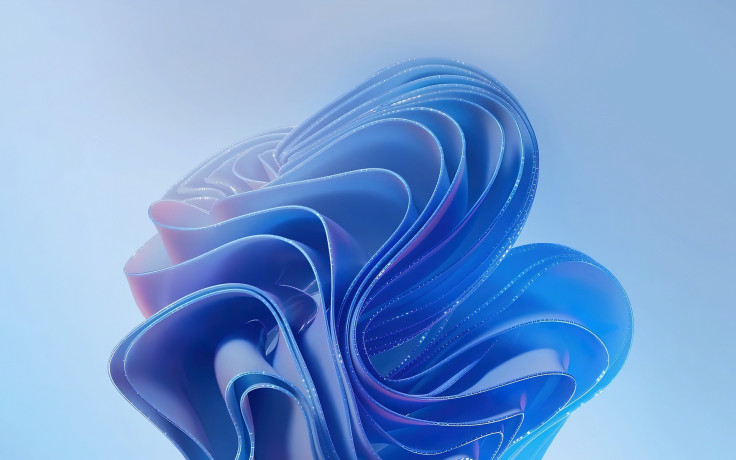Windows 12 spotted in Build 2023 ahead of rumoured 2024 launch
Windows 12 could be a free upgrade, but you'd have to buy a Windows license if you don't have it at all.

If rumours are anything to go by, Microsoft is gearing up to unveil the next version of Windows, which could turn out to be Windows 12. Although Microsoft is still mum on its plan to launch Windows 12 anytime soon, the next-gen Windows has made an appearance in Build 2023.
There's understandably a lot of hype surrounding the much-awaited Windows 11 successor. In fact, it has been floating around the rumour mill for a while now. Aside from this, Windows 12 has been subject to a lot of leaks lately.
For instance, concept creator Addy Visuals shared a video titled "Meet Windows 12 (Concept)" on their YouTube channel last month. The video gave us our first glimpse into Windows 12's design. However, Microsoft is still keeping key details about its next Windows OS under wraps.
Microsoft could be working on a new iteration of Windows
Even during the Build 2023 developer conference, the company focused on teasing upcoming updates for Windows 11. Notably, one of the teasers indicated that Microsoft is working on a new iteration of Windows. Now, the folks at Windows Latest believe this could be Windows 12.
The hawk-eyed audience also noticed a screenshot that mentioned a session dubbed "next-gen of Windows" during one of the keynotes. Since this session had not been discussed, it sparked curiosity among the audience as well as tech enthusiasts around the world.
In other words, Microsoft could have quietly hinted at the next-generation Windows 12 at the recently concluded Build 2023 developer conference. To recap, the company previously mentioned "Next Valley Prototype Design," which could be a term denoting Windows 12,
The company's internal tests suggest that Windows 12 could adopt an all-new design, coupled with newfangled features. Also, the word on the street is that Microsoft is planning to integrate AI into its next-gen Windows OS. This will reportedly enhance how the Windows operating system works.
As if that weren't enough, Windows 12 is expected to feature a floating taskbar that doesn't require the system tray. This unique feature was spotted in the preview builds of Windows 11 as well. Moreover, the latest preview builds confirm the presence of an option that allows users to disable the system tray clock and date.
This corresponds to the description of the Windows 12 features Microsoft is currently experimenting with, according to some reports. Past leaks imply Microsoft could be prepping to unveil a new Windows version. The American technology giant could start teasing it ahead of its official release.
Windows 12 release date
If reports making the rounds online turn out to be true, the next major version of Windows will make its debut in 2024. So, Windows 12 could launch nearly three years after its predecessor. Regrettably, the exact launch timeline is still a mystery.
An XDA Developers report suggests Windows 12 could arrive either in the second half of the year or in the fall. In the meantime, Microsoft will continue to roll out major updates for Windows 11. The current-gen Windows OS will probably get some new features soon.
What else to expect?
It is still unclear what Windows 12 will offer, but new leaks have revealed some part of this major update. Here's what the upcoming Windows OS could comprise.
- New desktop UI
- A more modular approach
- Faster updates
- AI integration
- 32-bit Arm apps are no longer supported
- Seamless updates
- Improved widgets
- Improved Start menu customisation
- Live wallpapers
- Settings and the Control Panel will be unified
- Easier to uninstall apps
- Universal tabs
Will you have to pay to upgrade to Windows 12?
Windows 12 is highly likely to be a free upgrade. Moreover, Microsoft has a reputation for offering major Windows updates for free to Windows users. So, it is safe to assume that the company will continue offering Windows updates for free.
However, it is worth noting that Windows 12 itself isn't likely to be free. Those who don't have Windows licenses at all will have to buy it. Also, you might end up spending more money if your PC isn't compatible with the next-generation Windows OS.
© Copyright IBTimes 2025. All rights reserved.






















